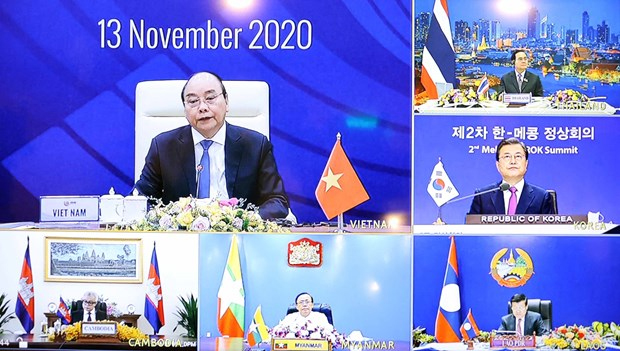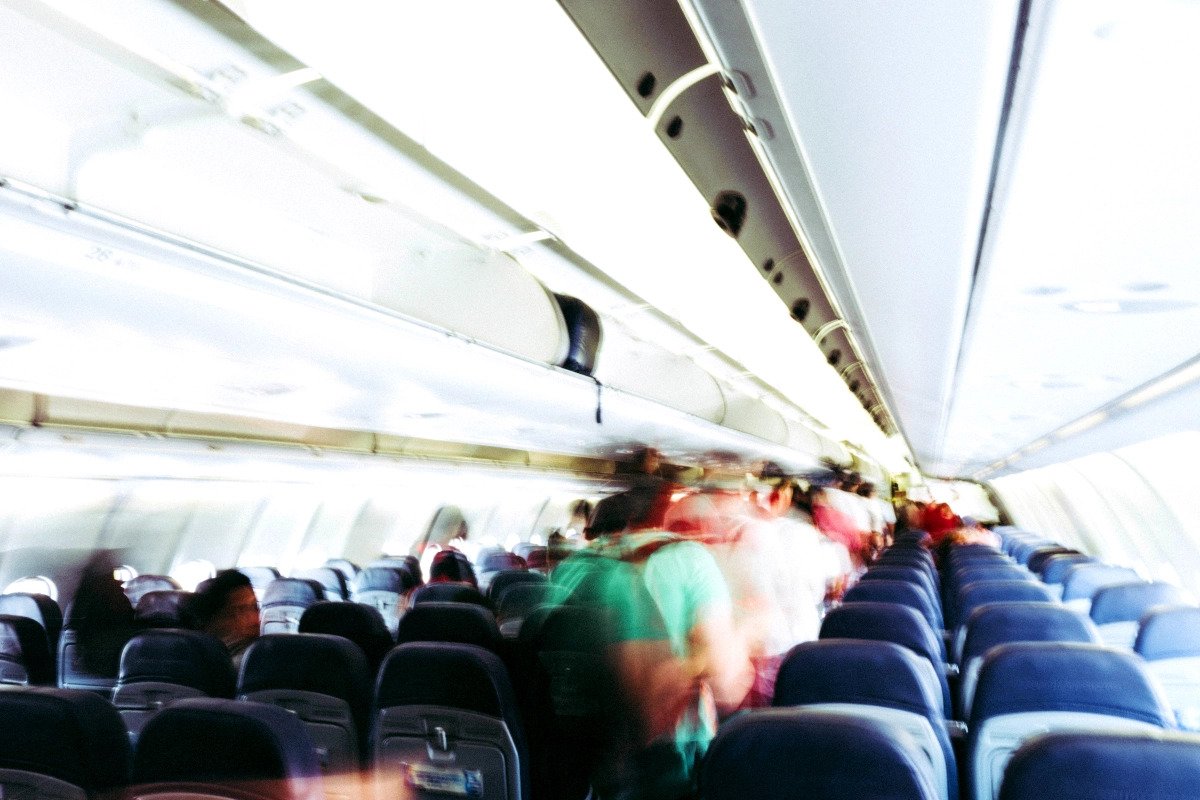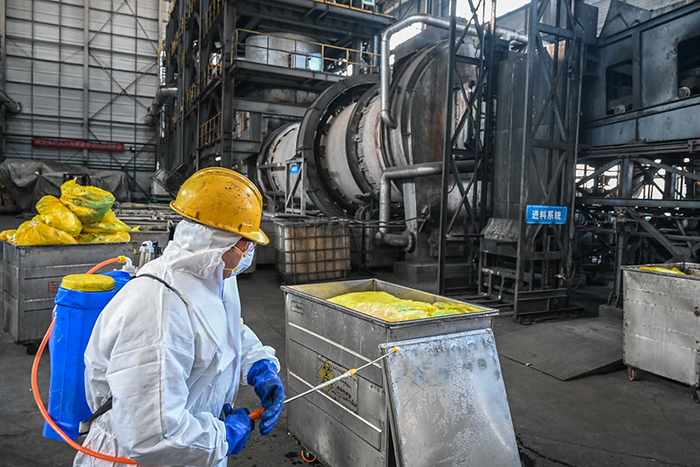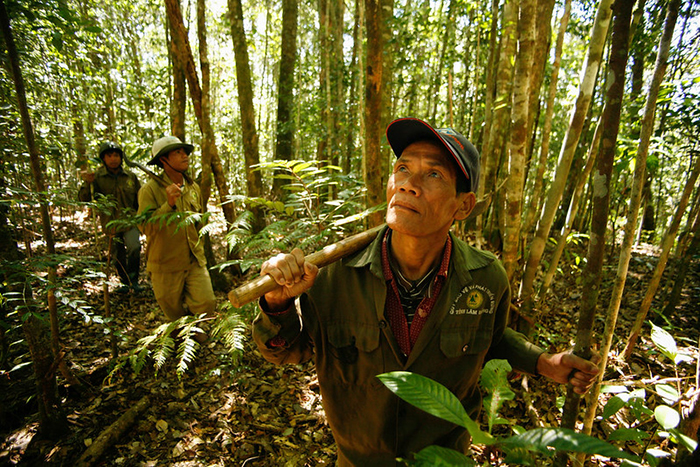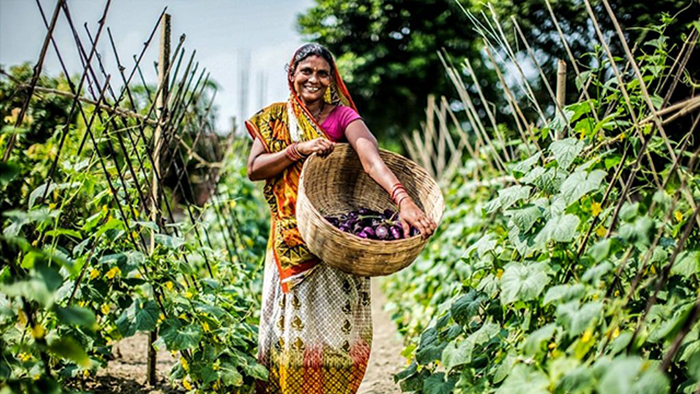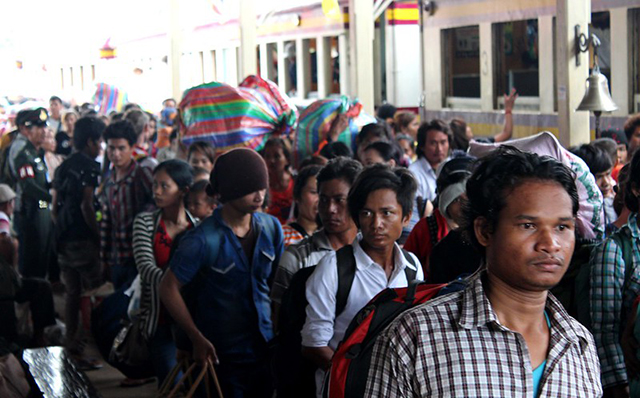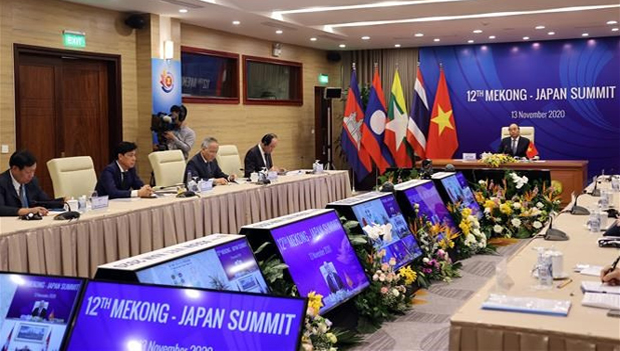
The 12th Mekong-Japan Summit took place virtually on 13 November as part of the 37th ASEAN Summit and Related Summits. Photo by VNA via VNExplorer.
12th Mekong-Japan Summit Highlights How Cooperation Enhances Connectivity in the Subregion
Japan and Mekong countries convened the 12th Mekong-Japan Summit on 13 November, cochaired by Japan Prime Minister Suga Yoshihide and Viet Nam Prime Minister Nguyen Xuan Phuc. The meeting underscored Japan’s strong commitment to the Mekong subregion and reviewed progress of cooperation between Japan and Mekong countries (Cambodia, Lao People’s Democratic Republic [PDR], Thailand, Myanmar, and Viet Nam) as guided by the "Tokyo Strategy 2018." The Strategy seeks to strengthen connectivity, improve human resource development, and enhance environmental protection.

